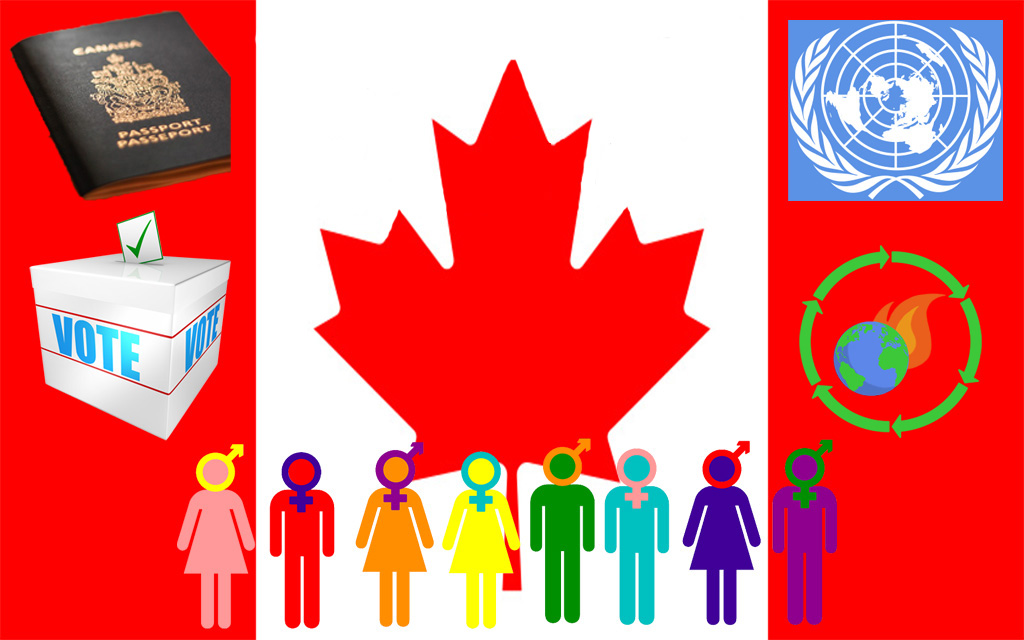On June 27, the Conservative Party of Canada (CPC) will choose a new leader at their leadership convention in Toronto. This comes after Andrew Scheer, current leader of the CPC announced he would step down as leader after he led his party to an electoral loss to Justin Trudeau, and amid a scandal involving an agreement to direct party funds towards Scheer’s children’s private school education.
Within a short period of time there has been a lot of media speculation on who will run for the federal leadership of the Conservatives. Notable prospective candidates such as New Brunswick’s former premier Bernard Lord made it clear they will not be running for the leadership despite being encouraged by other Conservatives to do so. Former Harper government cabinet minister John Baird has considered running for the leadership, but seemingly has decided not to.
Meanwhile the candidates who are running include another former Harper-era cabinet minister and current frontrunner, Peter MacKay. Being a more moderate Conservative and from eastern Canada, MacKay may be the change and the leader the Conservatives need, especially if they’re looking to shift away from social conservatism and identity politics.
In addition, Ontario Conservative MPs Erin O’Toole and Marilyn Gladu have officially announced their candidacy as well. Rookie MP Derek Sloan and Alberta businessman Rick Peterson also have announced their intentions to run. There are indeed other conservatives considering running, but as of Feb. 7, these are the candidates for the next leader of the CPC, and the next leader of the official opposition in the House of Commons.
For the most part, the candidates with the best chances of winning are all moderates, particularly in comparison to Andrew Scheer and the man he beat at the last CPC leadership race, Maxime Bernier.
Namely, MacKay, Gladu and O’Toole are all more moderate conservatives, with more progressive social policy positions than their predecessors and previous candidates. They hold more progressive stances on issues like marriage equality, abortion and other social issues including a recognition of the need to deal with the climate crisis. These are stances CPC Leader Scheer did not hold.
O’Toole came in third in the last leadership race and will be looking to win this time around with a strong, moderate message. This includes increased tax exemptions for those who are in their first three to five years after a post-secondary education, intermingled with increased military spending and coupled with positions protecting rights and the rule of law, along with the social stances mentioned above. Only time will tell what the substance of O’Toole and the other candidates’ messages will be, as none of the candidates have an officially laid out public agenda thus far.
The CPC is looking to sort out their leadership situation quickly in order to counter Justin Trudeau and the Liberal Party with eyes towards the next election, which in a minority government situation, is always imminent.
One with more progressive political opinions and beliefs can only hope that the CPC, and their members, will choose a more socially moderate leader of the party, in comparison to leaders of the CPC in the recent past. Whoever wins will have a divided, eager party to lead, with a target firmly set on Trudeau’s back. But a warning: Upon any hint of failure or weakness, the next leader of the CPC may well have a target on their back from within their own party.
Hopefully the leadership process will be as professional and internally impartial as possible, particularly to avoid a 2003 Joe Clark PC leadership conference situation, where the PC interim leader, Clark, attended the leadership conference and basically campaigned for Peter MacKay, who won and then merged his party with Stephen Harper’s Canadian Alliance to form the CPC in 2003.
Almost 17 years later, one can only hope, and only time will tell who the next leader of the CPC will be to face Justin Trudeau in the next federal election.
The ‘Wil’ of the People is a biweekly political column focusing on local, provincial and national and international political events. It’s written by Wil Robertson.

